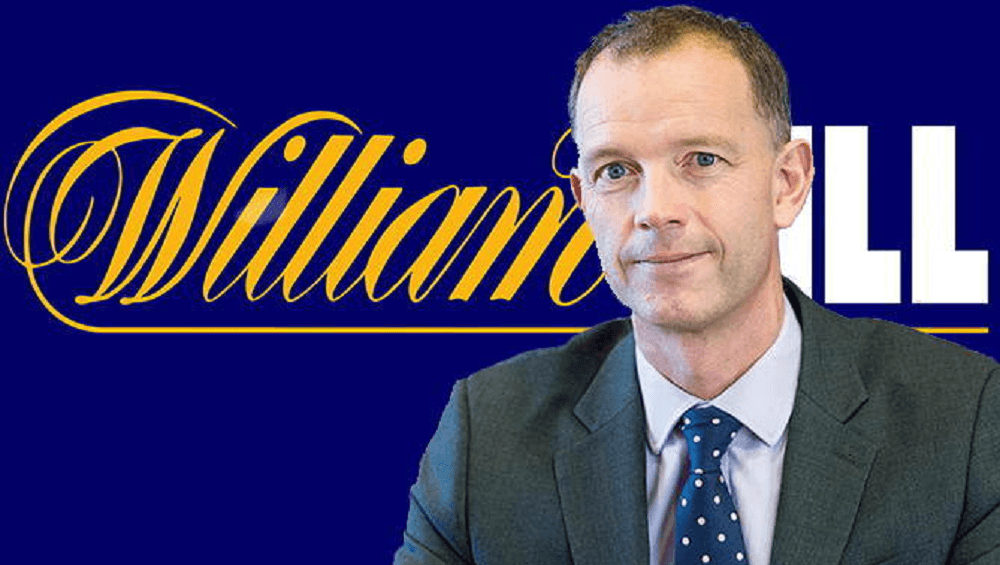William Hill Blames Billion-Dollar Loss on FOBT Cuts, Looks to US for Silver Lining
Posted on: August 3, 2018, 11:00h.
Last updated on: August 3, 2018, 09:57h.
William Hill blamed the UK government’s clampdown on fixed-odds betting terminals (FOBTs), Friday, for dragging it one billion into the red in the first half of the year.

The British sports betting giant reported pre-tax H1 losses of £820 million ($1.06 billion), compared to profit of £93 million ($121 million) for the same period last year. This was largely down to a £882.8 million ($1.15 billion) impairment charge related to the government’s decision to slash the maximum stakes of FOBTs from £100 ($130) to just £2 ($2.60).
Impairment describes the permanent devaluation of a company’s asset — in this case, William Hill’s retail betting segment.
Land-based betting in the UK relies FOBTs, which offer fixed-odds games like roulette, for just over 50 percent of their revenues, but critics have branded them “the crack cocaine of the high street” because they allow gamblers to wager $100 every 20 seconds.
900 Shops Could Close
The bookmaker’s chief executive, Philip Bowcock, warned of “long-term consequences” for the retail betting business when government reforms come into force in 2020.
Loss-making betting shops — perhaps as much as 900 outlets — could close within a relatively short space of time, he said. The company will be forced to “remodel,” its retail betting industry, he added. The closure of 900 would result in 4,500 job losses.
The bookmaker based its impairment deductions on an estimated £100 million ($130 million) cut in annual profits per year, but it admitted there could be further impairment charges after the changes come into effect.
Profit adjusted for impairment still declined 13 per cent to £96 million ($125 million), although adjusted operating profit on existing operations — which removes £17.2 million ($22 million) associated with the group’s expansion into the US market — rose 1 per cent, while revenue rose 3 per cent to £803 million ($1.04 billion), aided by the World Cup betting frenzy.
US Plans Revealed
While the domestic situation is challenging, the bookmaker has high hopes for the emerging US sports betting market, where it is already a dominant player in Nevada and has existing operations in New Jersey, and Delaware.
On Friday, it announced further planned expansion into the US market, which includes 11 betting outlets in Mississippi. The state launched its first legal sports books this week.
The bookmaker also revealed it had partnered with a casino in West Virginia, which is expected to launch sports betting imminently.
“William Hill has performed well during the first half of 2018 and, following major regulatory decisions in the UK and US, we now have greater clarity over the challenges and opportunities that lie before us,” said Bowcock.
Related News Articles
Most Popular
Mirage Las Vegas Demolition to Start Next Week, Atrium a Goner
Where All the Mirage Relics Will Go
Most Commented
-
Bally’s Facing Five Months of Daily Demolition for Chicago Casino
— June 18, 2024 — 12 Comments
















No comments yet